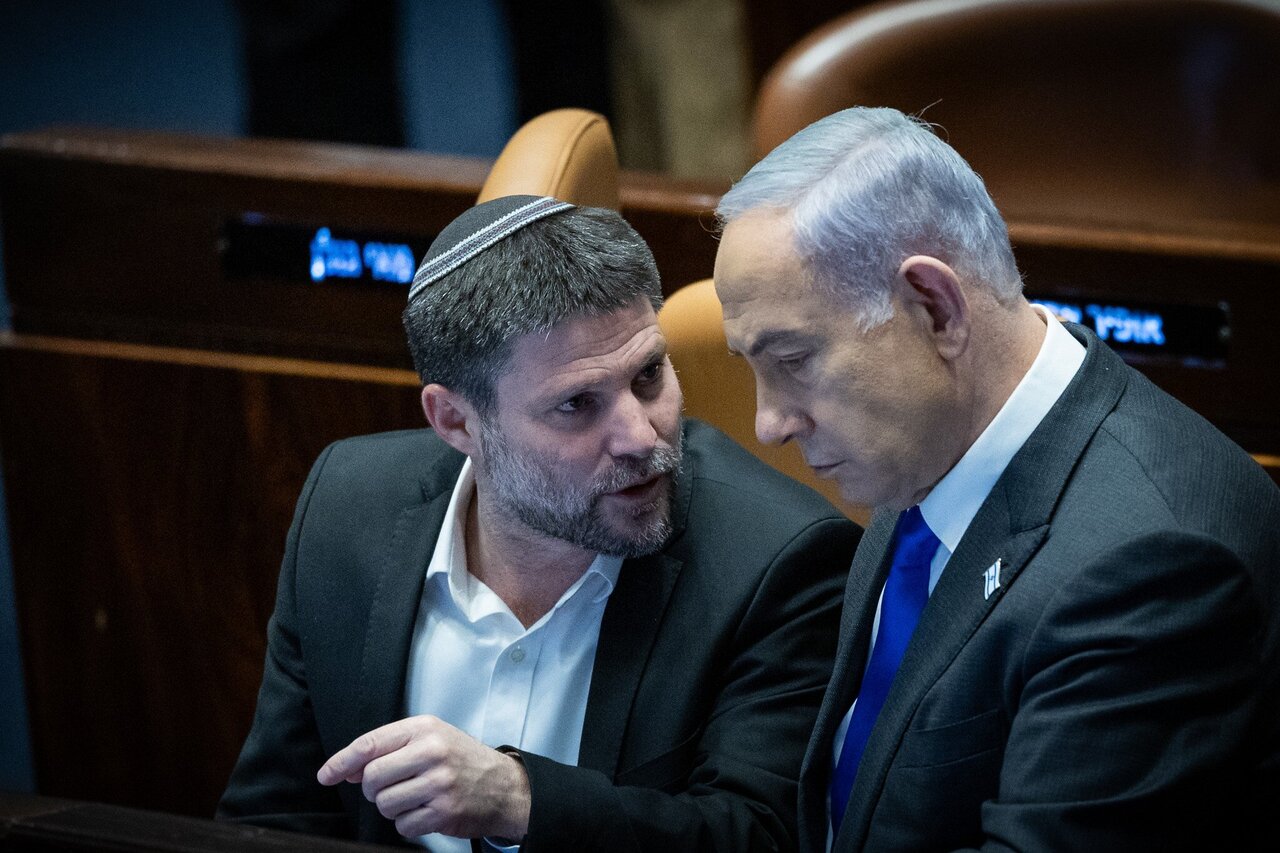Israel’s raids on Syria spark widespread condemnation, spotlight expansionist ambitions

TEHRAN — Israel’s recent surge in military strikes against Syria has drawn fierce international condemnation, casting a harsh light on the regime’s dangerous designs on the Arab nation.
On Wednesday, Israel targeted key sites in Damascus — including the Syrian Ministry of Defense headquarters and areas near the presidential palace — under the stated justification of protecting Syria’s Druze minority. Israel views this minority, which has clashed with Syrian HTS forces in the Druze heartland of Suwayda, as a potential ally. However, the Druze community itself has historically rejected Israeli intervention.
The backlash against Israel’s aggression has been swift and united. The Persian Gulf Cooperation Council (GCC), representing six Persian Gulf states, condemned the strikes in the “strongest terms.” GCC Secretary-General Jasem Mohamed Albudaiwi branded the air campaign a “flagrant violation” of Syrian sovereignty, a breach of international law, and a severe threat to regional security and stability. He called for urgent international intervention to halt these “irresponsible escalations” and hold the perpetrators accountable, urging protection of Syria’s sovereignty in line with the United Nations Charter.
Lebanese President Joseph Aoun also condemned the attacks as a “blatant violation of the sovereignty of a brotherly Arab state”. He warned that continued Israeli aggression only fuels further tension and instability across the region. Lebanon expressed full solidarity with Syria and called on the global community to exert pressure to end these violations.
Turkey’s Foreign Ministry accused Israel of attempting to sabotage Syria’s quest for peace and security through these strikes, which targeted vital military infrastructure in Damascus.
Yemen’s Ansarullah described the attacks as clear infringements on Syria’s territorial integrity and part of Israel’s broader strategy to fragment Islamic countries and expand its dominance.
The Palestinian Islamic Jihad condemned the strikes as aggressive moves aimed at territorial expansion through force and terror.
These recent assaults recall Israel’s December offensive. Following the fall of President Bashar al-Assad on December 8, the Israeli military launched over 600 airstrikes across Syria. Targets included air defense systems, missile depots, and the naval base in Tartous. Concurrently, Israeli forces violated a UN-monitored buffer zone on the Golan Heights — occupied since 1967 — damaging infrastructure and escalating tensions. At the time, Prime Minister Benjamin Netanyahu announced plans to increase settler presence in the region, underscoring Israel’s expansionist ambitions.
The fresh wave of attacks signals Israel’s determination to assert itself as the dominant regional power, pursuing its long-standing dream of a “Greater Israel”. This controversial vision, advocated by hardline figures like far-right Finance Minister Bezalel Smotrich, envisions extending Israeli sovereignty over Palestinian and neighboring Arab territories — including Jordan, Lebanon, Egypt, Syria, Iraq, and Saudi Arabia. Smotrich openly called for this “Jewish state” expansion as recently as October 2024.
Critics also view Israel’s bombing campaign in Syria as a calculated distraction from its brutal military actions in Gaza.
In sum, Israel’s intensified strikes against Syria not only threaten regional stability but also expose the underlying ambitions driving its military aggression — ambitions that continue to unsettle the Middle East and complicate prospects for lasting peace.
Leave a Comment